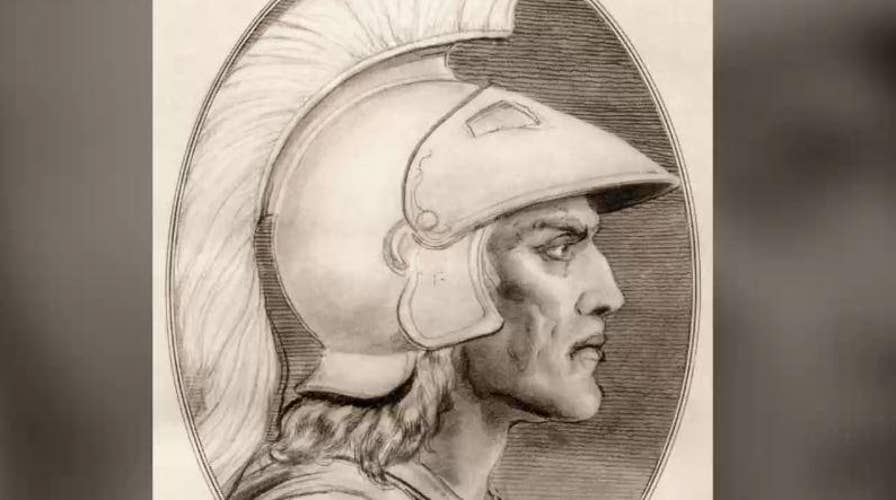New claim about Alexander the Great says he was not the real founder of the Egyptian city of Alexandria
Alexander the Great ‘didn't found Alexandria’ as historian claims ‘ancient fake news’
Our knowledge of the ancient world could be rewritten following a shock new claim about Alexander the Great.
The Egyptian city of Alexandria – Alexander's most famous relic – was in fact not founded by the fearsome warrior shortly before he died in 332 BC, according to one history buff.
Instead, it was constructed by a close ally of Alexander who later became King of Egypt and paraded his friend's corpse through the city's streets, expert Professor Tim Howe claims.
If true, the theory could turn our understanding of the ancient world on its head and rewrite history books across the globe.
Experts have believed for centuries that Alexander the Great founded Alexandria as he established his massive empire as the "great king" of Persia and Pharaoh of Egypt in the 14th Century BC.
The ancient ruler built dozens of cities during a series of ferocious military conquests that saw him conquer lands stretching from Athens to India.
Alexandria was destined to be the capital of the warmonger's empire before he suddenly died in 331 BC, aged just 25.
According to Professor Howe, an Alexandrian history buff at St. Olaf College in Minnesota, one of Alexander's closest military generals was responsible for founding the city.
Ptolemy I, who declared himself ruler of Egypt after Alexander died, spread rumors that his ex-commander built Alexandria.
Professor Howe studied reams of ancient Egyptian literature and carried out excavations in Alexandria before coming to his shock conclusion.
He thinks that Ptolemy wanted to link Alexander to the city in order to curry favor with his millions of new subjects.
"Ptolemy and his heirs worked diligently to ensure that 'Alexander's city' became even greater, both in myth and reality," Professor Howe said.
Archaeological evidence and ancient texts show that planning and construction of Alexandria occurred at least 13 years after the death of Alexander, Professor Howe claims.
To gain the support of his Greco-Macedonian soldiers, he spread what Professor Howe calls "ancient fake news" to give his city a strong connection to Alexander and his legacy.
"To do this he was willing to secure his connection with Alexander at any cost," Professor Howe said.
That included famously stealing Alexander's embalmed body shortly in 323 BC and transporting it to Alexandria to be placed on display.
"Ptolemy stole Alexander’s corpse, displaying it publicly, and establishing a link with the legendary figure of the age," Professor Howe said.
"During a pause in the wars between Alexander's successors over the tatters of his empire, Ptolemy began to build Alexandria as an eternal 'home' for Alexander."
Ptolemy was the only successor to Alexander to write a history of the warrior's life, and used this to his advantage, according to Professor Howe.
"By attributing a prehistory to Alexandria as glorious as it was imaginary, Ptolemy wove a mythology for his new capital," he said.
The research was published in the Classical Association of South Africa.
This story originally appeared in The Sun.









































